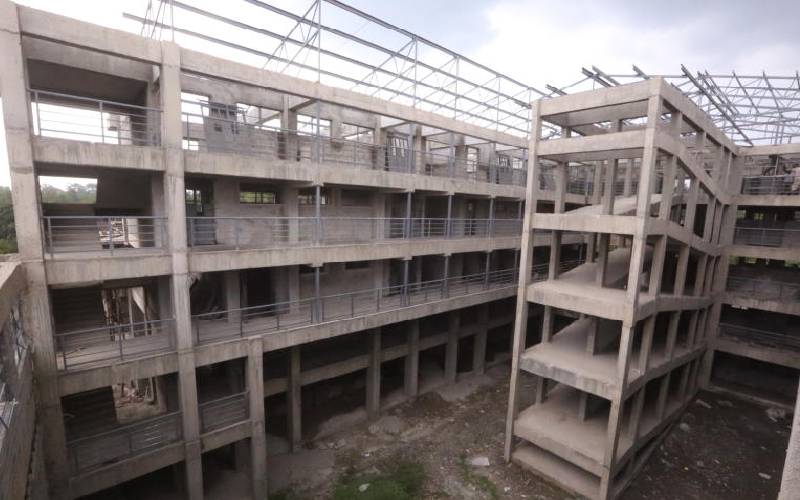×
The Standard e-Paper
Kenya’s Boldest Voice

Real estate developers and prospective homeowners in the country are in for a shock following the enactment of a new law which requires all developments to be completed within five years.
According to the Physical and Land Use Planning Act, 2019, which came into effect on August 5, it is now mandatory that once a developer has been given approval by the county government, construction must start within three years.